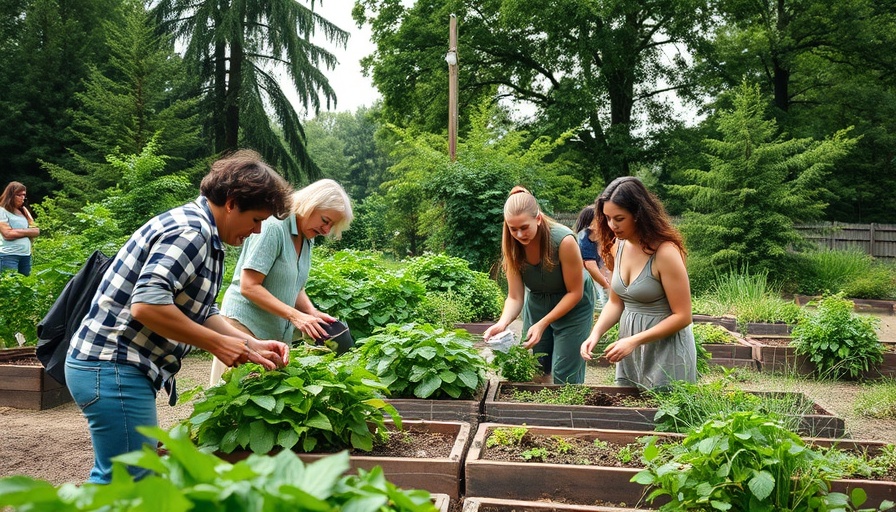
Understanding the Growing Need for Sustainable Practices in Hospitality
As the hospitality industry increasingly grapples with environmental challenges, the imperative for sustainable solutions has never been clearer. Hotels and lodgings are under pressure to minimize waste—particularly food waste—which significantly affects their operational budget as well as their environmental footprint. A staggering portion of food produced globally ends up uneaten, and by adopting innovative approaches to tackle this issue, hotels can play a crucial role in the circular economy while enhancing their reputation.
Innovative Partnerships Driving Change
Several hotels are forging partnerships with tech companies and local farms to streamline their supply chains effectively. This has enabled them to pinpoint inefficiencies in food procurement and storage, reducing the surplus that often leads to waste. For instance, utilizing AI technology allows hotels to accurately forecast demand based on seasonal trends and customer preferences. By aligning their offerings with actual consumer behavior, hotels not only optimize inventory management but also enhance guest satisfaction.
Practical Tips for Boutique Hospitality Professionals
For boutique hotel owners and managers, implementing sustainable practices doesn’t have to be daunting. Here are three actionable insights:
Local Sourcing: Partner with local farmers and producers to provide fresh, seasonal menu options. This reduces your carbon footprint, supports the local economy, and often results in lower food costs due to fewer middlemen.
Digital Inventory Management: Invest in software that monitors food usage and generates reports on waste tracking. Understanding which dishes are consistently over-ordered can help adjust menus to better fit actual demand.
Guest Involvement: Engage your guests by inviting them to choose options that spotlight seasonal ingredients. This not only educates them about local sustainability efforts but helps manage expectations around food offerings.
The Future of Food Waste Management in Hotels
Looking ahead, the trends in food waste management suggest an ongoing shift towards comprehensive zero-waste initiatives. With the rise of consumer awareness surrounding sustainability, hotels can benefit from transparent practices that enhance their corporate social responsibility image. Integrating zero waste principles not only benefits the environment but also provides a competitive edge—customers increasingly favor businesses that prioritize sustainability.
Collaboration is Key to Innovation
Collaboration is emerging as a cornerstone for fostering sustainable innovation in hospitality. By joining forces with environmental startups, hotels can share resources and insights, catalyzing more effective strategies for waste management. These collaborations can often lead to unique offerings that attract eco-conscious travelers.
Conclusion: Taking Action Towards Sustainability
As the hospitality industry faces the dual challenge of operational efficiency and environmental stewardship, there is profound value in embracing sustainable practices. By harnessing innovative tools, fostering partnerships, and actively engaging guests, boutique hotel owners can not only help eliminate food waste but also position their establishments as leaders in sustainable hospitality. Now is the time to take action—and make a meaningful impact on the industry.
 Add Row
Add Row  Add
Add 




Write A Comment